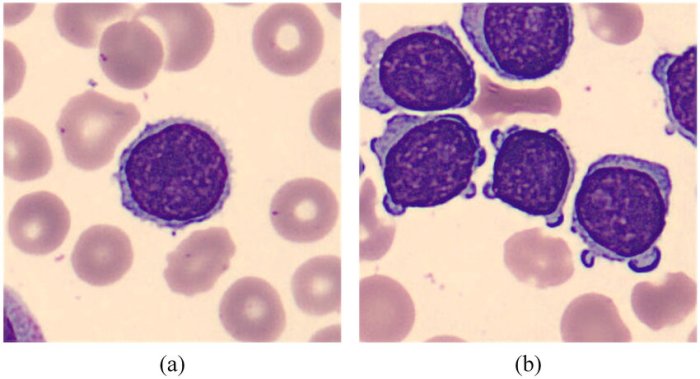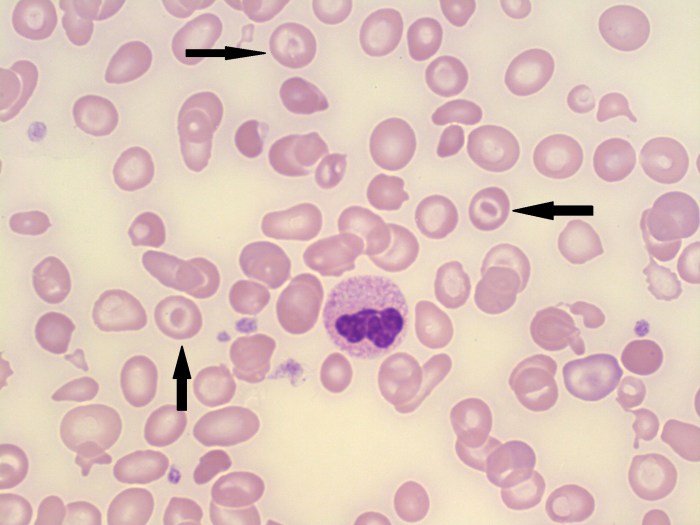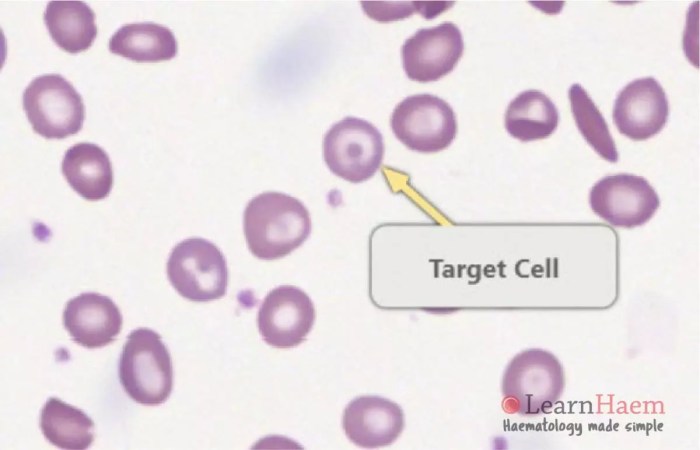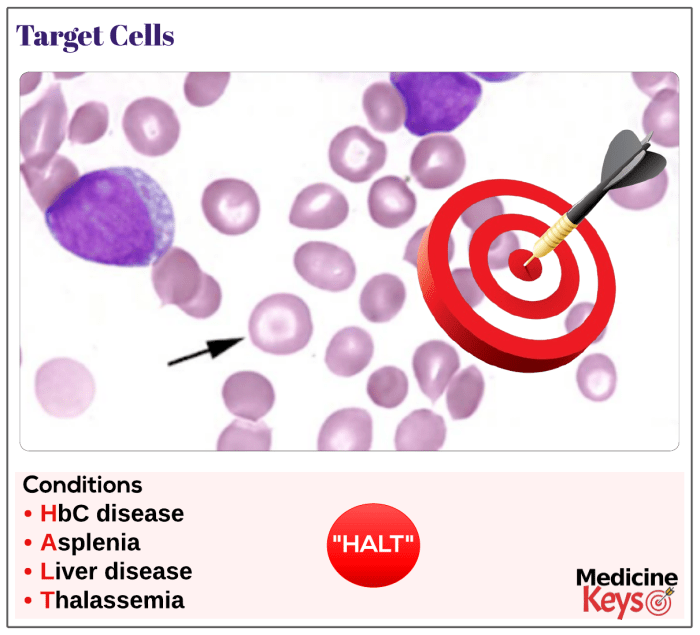Hormone therapy reduces the interaction of hormones with __________. This fascinating topic delves into the intricate mechanisms by which hormone therapy modulates hormone signaling, metabolism, and downstream effects, shedding light on its profound implications for cellular processes and physiological functions.
Hormone therapy exerts its influence by altering hormone receptor expression and activity, thereby disrupting cellular signaling pathways. It also affects hormone metabolism, impacting hormone levels and their availability to target tissues. Furthermore, hormone therapy modulates hormone signaling pathways, influencing second messengers and downstream effectors, ultimately shaping cellular processes and physiological outcomes.
Impact on Hormone Receptors

Hormone therapy can alter the expression or activity of hormone receptors in the body, affecting cellular signaling pathways.
Reduced hormone receptor interaction can lead to impaired signaling and disruption of physiological processes.
For instance, estrogen therapy in postmenopausal women can increase the expression of estrogen receptors in target tissues, enhancing their sensitivity to estrogen.
Alterations in Hormone Metabolism

Hormone therapy can affect hormone metabolism, including synthesis, breakdown, and excretion.
Altered metabolism can impact hormone levels and their availability to target tissues.
For example, testosterone therapy in men can increase testosterone synthesis and decrease its breakdown, leading to elevated testosterone levels.
Modulation of Hormone Signaling Pathways

Hormone therapy can influence hormone signaling pathways by modulating second messengers and downstream effectors.
Altered signaling pathways can affect cellular processes and physiological functions.
For instance, thyroid hormone therapy can increase the production of cyclic adenosine monophosphate (cAMP), a second messenger involved in thyroid hormone signaling.
Effects on Hormone-Responsive Tissues: Hormone Therapy Reduces The Interaction Of Hormones With __________.

Hormone therapy can impact hormone-responsive tissues, affecting their function and development.
Reduced hormone interaction can lead to changes in tissue structure and function.
For example, hormone replacement therapy in postmenopausal women can improve bone density and reduce the risk of osteoporosis by increasing estrogen levels.
FAQ Insights
What are the potential consequences of reduced hormone receptor interaction?
Reduced hormone receptor interaction can disrupt cellular signaling pathways, leading to impaired cellular responses and physiological functions.
How does hormone therapy affect hormone metabolism?
Hormone therapy can alter hormone metabolism by influencing hormone synthesis, breakdown, and excretion, impacting hormone levels and their availability to target tissues.
What are some examples of hormone signaling pathways that may be modulated by hormone therapy?
Hormone therapy can modulate various hormone signaling pathways, including the cAMP pathway, the MAPK pathway, and the PI3K pathway, influencing cellular processes and physiological functions.